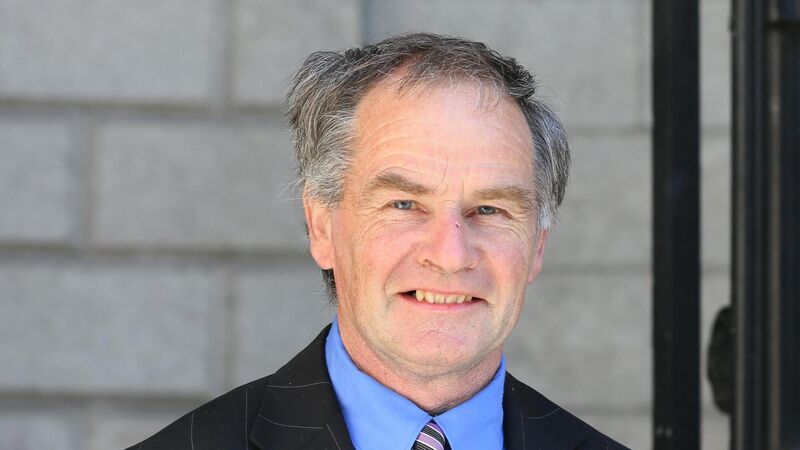Mick Clifford: One man’s journey shows how the State responds when it wrongs a citizen

Stephen Murphy, from Drimoleague, West Cork, has met stone walls in attempting to get state agencies to fulfil the wishes of the court.
Stephen Murphy is well versed on the power of the State, and how that power is not always exercised as designed in a democracy.
The West Cork native was the subject of a prosecution that should never have happened.














